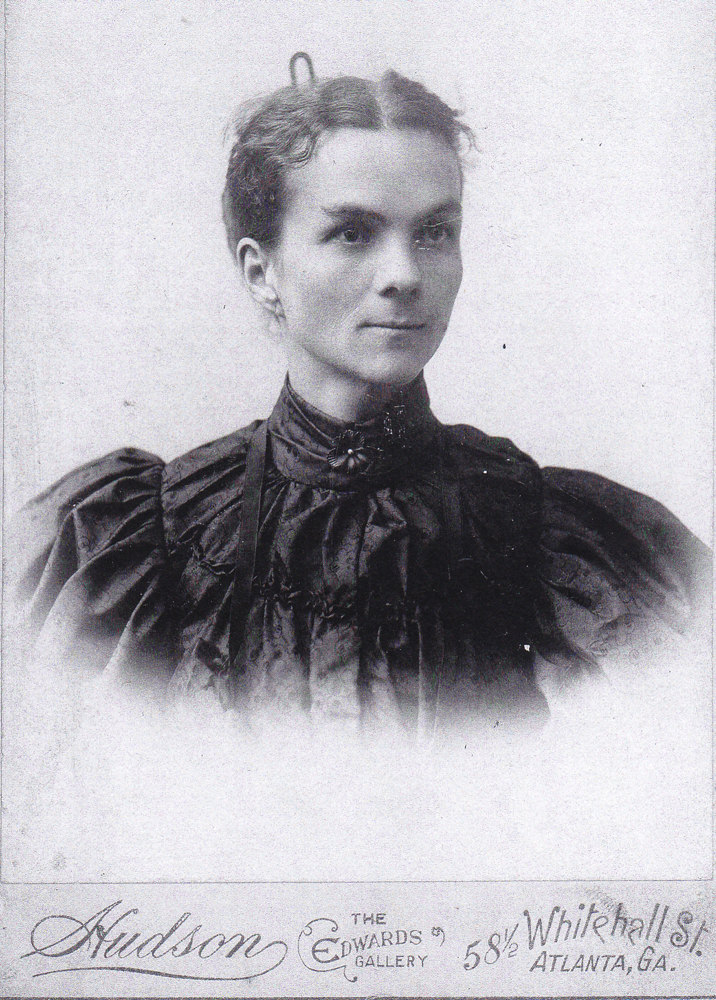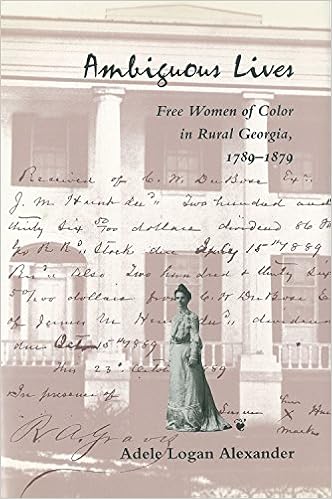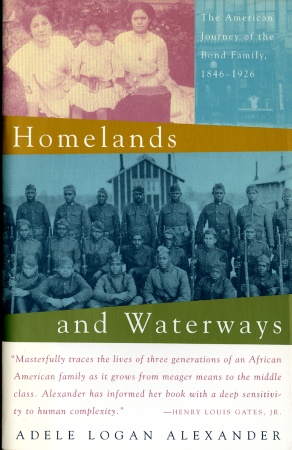Marriage, Melanin, and American Racialism
Reviews in American History
Volume 41, Number 2, June 2013
pages 282-291
DOI: 10.1353/rah.2013.0048
Heidi Ardizzone, Assistant Professor of American Studies
St. Louis University, St. Louis, Missouri
Adele Logan Alexander, Parallel Worlds: The Remarkable Gibbs-Hunts and the Enduring (In)significance of Melanin. Charlottesville: University of Virginia Press, 2010. 375 pages. Photographs, notes, bibliography, and index.
Fay Botham, Almighty God Created the Races: Christianity, Interracial Marriage, and American Law. Chapel Hill: University of North Carolina Press, 2009. 288 pages. Notes, bibliography, and index.
Peggy Pascoe, What Comes Naturally: Miscegenation Law and the Making of Race in America. Oxford, New York: Oxford University Press, 2008. Photographs, maps, notes, bibliography, and index.
The development of the multidisciplinary field of Mixed Race Studies over the last few decades has focused new attention on patterns of cross-racial unions and the experiences of people of mixed ancestry in the U.S. and elsewhere. Historians bring to this endeavor a rich understanding of the long history of racial mixing, documenting the tremendous variety of contexts for consensual and nonconsensual interracial sex, the diversity of cultural attitudes and policies towards such relationships, and the resulting spectrums of identity and social standing available to the children, families, and communities that resulted from these unions. While pundits and intellectuals debate the significance of the emergence of multiracial families and identities in the U.S., historians can attest that there is little new here. As George Sánchez has put it from the vantage point of Latino and Latin American history, “Welcome to the Americas!” The American past is full of examples of cross-cultural unions, people and communities of mixed ancestry, and marked shifts in racial and ethnic categories in response to demographic, economic, and political changes. So, too, new U.S. scholarship is providing rich contributions to ongoing debates of the meaning of race, racial identity, and racial mixing in the twentieth century and beyond.
The three scholars considered here span this latest surge in U.S. historical studies of racial mixing and mixedness. Adele Logan Alexander is a pioneer in the field. Parallel Worlds: The Remarkable Gibbs-Hunts and the Enduring (In) significance of Melanin joins her previous books in focusing on communities and families of mixed—primarily black and white—ancestry. In her latest offering, Alexander rescues to historical memory the fascinating political careers of Ida Gibbs (1862-1957) and William Henry Hunt (1863-1951), whose activist and diplomatic work, respectively, brought them into close, if sometimes ambivalent, connection with African American and Pan-African communities in the late nineteenth through the early twentieth century. Like Alexander’s earlier works, Parallel Worlds spans multiple methodologies, this time offering a rich entre into an international world of shifting racial identities and political loyalties. Faye Botham’s Almighty God Created the Races: Christianity, Interracial Marriage, and American Law, on the other hand, is her first academic book, reworking a religious studies dissertation. Botham identifies a large and significant gap in historians’ collective approach to interracial marriage and its accompanying concerns with racial identity and categorization; social constructions of gender, race, and sexuality; and civil rights. Her work models a new direction of inquiry into the role of religious ideology and influence on what Peggy Pascoe calls miscegenation law, particularly the distinctive Catholic doctrine on marriage as a sacrament. In turn, Pascoe’s research for her recent publication spans this new age of historical scholarship. Begun in the early 1990s with a few pieces published as articles, the long-awaited and much celebrated What Comes Naturally: Miscegenation Law and the Making of Race in America is a multilayered cultural, social, and legal history of post-Civil War legal prohibitions against interracial marriages and the enduring significance of the laws.
The books by Botham and Pascoe share an interest in legal and cultural sanctions against interracial marriage, but each author comes to the subject from vastly different training and experience. (Pascoe was a member of Botham’s dissertation committee, and that difference in academic maturity is evident in their works as well.) Botham’s analysis of the impact of American Catholic and Protestant theology on race and interracial marriage is strongest in her treatment of the Perez v. Lippold case (better known as Perez v. Sharp), which ultimately overturned California’s anti-intermarriage laws. Botham is especially interested in the longer history of Catholic influence on both Perez and the later Loving v. Virginia case, which respectively offer evidence of American Catholics’ support for and opposition to interracial marriage. The prominence of Catholics in bringing and opposing these legal challenges to laws against interracial marriage is most central to her analysis. But she returns to a focused treatment of the Perez case several…






